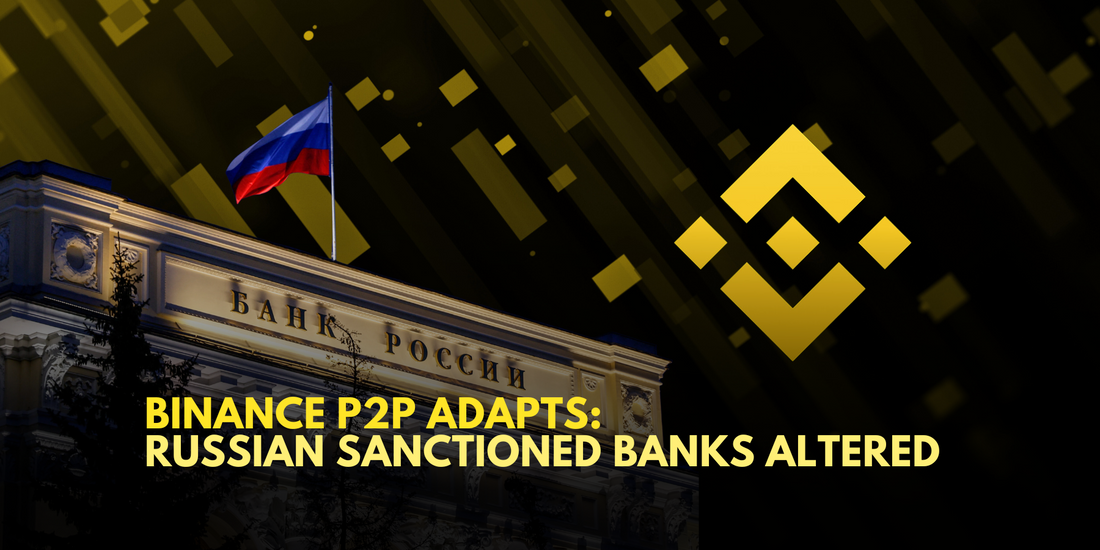Amidst growing scrutiny, Binance's peer-to-peer exchange service underwent rapid changes involving sanctioned Russian banks as payment methods. Initially, on August 22, reports surfaced that Binance listed Tinkoff and Rosbank, sanctioned Russian banks, as transfer options, raising concerns about potential sanctions violations.
However, by August 24, various Russian news outlets disclosed that Binance had removed the direct listings of these banks from its payment options. Yet, they resurfaced with cryptic code words: "yellow" symbolizing Tinkoff and "green" representing Rosbank.
Subsequently, on August 25, The Wall Street Journal reported that Binance had entirely eradicated the sanctioned banks from its payment roster. A spokesperson from Binance cited that the removal occurred after the exchange became aware of users exploiting the platform to bypass sanctions. The spokesperson asserted, "We regularly update our systems to ensure compliance with local and global regulatory standards. When gaps are pointed out to us, we seek to address and remediate them as soon as possible."
Cointelegraph corroborated the removal of "yellow" and "green" methods, finding that 16 payment alternatives remained available for converting Russian rubles to crypto, including entities like Raiffeisenbank, Russian Standard Bank, Payeer, and AdvCash. Notably, Tinkoff and Rosbank, along with their coded references, were no longer present.
Despite the removal, some Binance P2P users continued to advertise sales using the "green bank" as the payment method. This contradiction arose as users listed alternative payment methods but stipulated in their "advertiser's terms" that only transfers through "the green bank" would be accepted.
The controversy around peer-to-peer crypto marketplaces persisted. Advocates contend that such platforms are vital in countering government payment censorship, while critics assert that they facilitate illicit fund movements. Earlier, LocalBitcoins, a popular peer-to-peer marketplace, shut down, prompting a shift of some users to Binance P2P.
Ray Youssef, co-founder of Paxful, expressed reservations about the centralized nature of current P2P marketplaces and their susceptibility to government shutdowns. He is actively developing "Civ Kit," a new marketplace designed to resist such vulnerabilities.
In a landscape marked by regulatory scrutiny and evolving dynamics, Binance's adaptation to the Russian sanctioned bank situation exemplifies the ongoing tension between cryptocurrency freedom and regulatory compliance.

